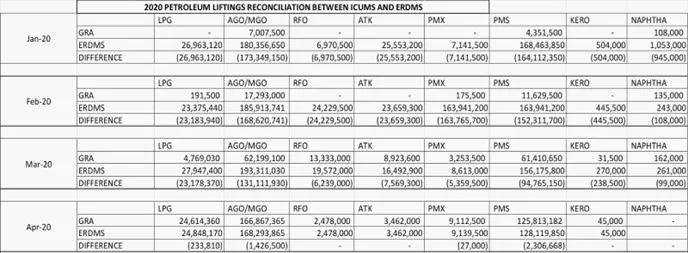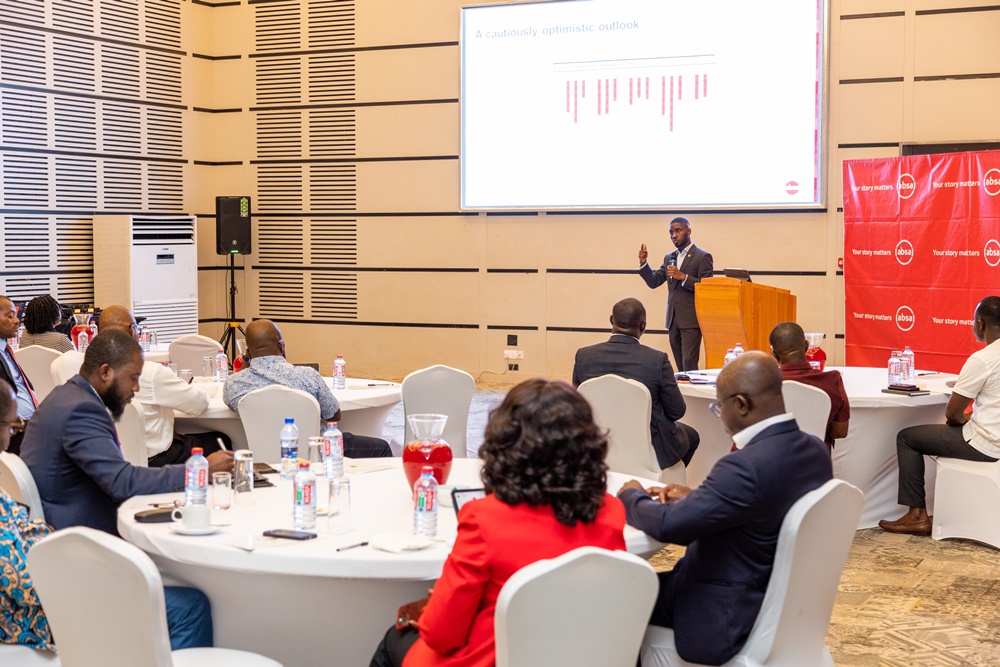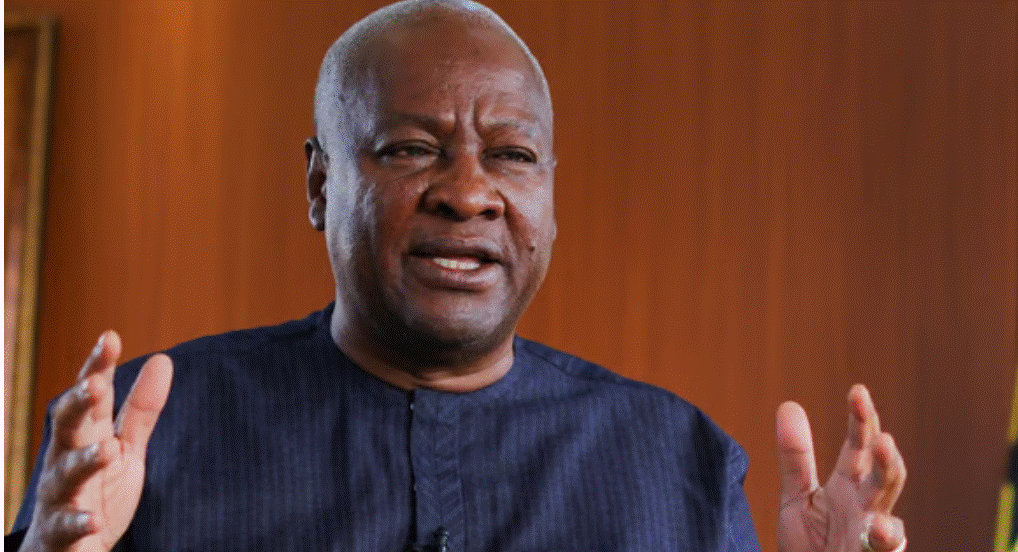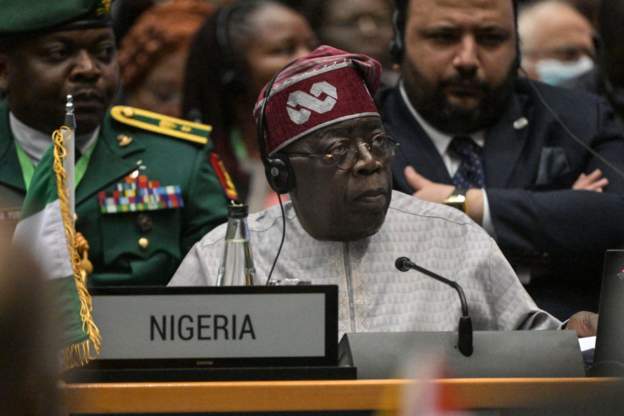
The Tema Regional Chapter of the Ghana National Chamber for Commerce and Industry, (GNCCI), last week convened a high-level logistics conference which provided a direct platform for trade stakeholders to identify and seek resolutions to critical challenges in Ghana’s supply chain ecosystem.
The conference, anchored on GNCCI’s mandate to serve as the voice of Ghana’s business community, was convened to ensure that policymakers receive first-hand information on the challenges they face and commit to actionable solutions.
Welcoming participants to the event, Dr Gideon Amenyador, Chairman of the Tema Regional Chapter of GNCCI, assured that unlike past events, the issues and resolutions emerging from the conference would be formally documented, and forwarded to Professor Ransford Gyampo, CEO of the Ghana Shippers Authority, who was represented at the event. Furthermore, an action plan would be requested from the Authority and implementation would be monitored over time by the Chamber.
Mr Stephen Miezan Abass, the National President of GNCCI identified two key challenges afflicting Ghana’s maritime and logistics framework.
One is the application of arbitrary exchange rates by shipping lines, who impose their own foreign exchange conversion rates – which diverge significantly from the official Bank of Ghana rate – for paying port charges, duties and logistics fees, creating hidden losses and revenue leakage for importers and exporters, and undermining predictability in cost estimation.
The other is the lack of storage facilities in the form of a centralized storage or warehousing facility for goods held at the ports because of administrative delays, customs clearance challenges or port congestion, and for which importers are penalized with demurrage charges , detention of goods or storage fees , even though they are not the ones at fault.
Mr David Kofi Nutakor, Tema’s Logistics Sector Leader for GNCCI and FIATA Vice President, enumerated an array of operational, infrastructural and regulatory impediments.
One is the frequent outages and inefficiencies in the Integrated Customs Management System (ICUMS), and the lack of seamless integration across transport, warehousing, IT systems and manual backlogs. Another is the delay in transfers from Meridian Port Services to other terminals, for which demurrage and storage penalties are incurred.
There is also insufficient truck parking space and logistics parks leading to congestion and impeding operations and safety. Decaying road networks and an underdeveloped rail corridor are also hampering efficient inland cargo movement.
Mr Nutakor also noted that the absence of a Ghanaian shipping line makes the country overly dependent on foreign shipping lines reducing leverage and raising costs for local traders, and that disparities in vehicle gauging and standards across ECOWAS borders generate friction and inefficiencies in cross-border logistics.
Conference participants put forth a set of proposed measures that the Ghana Shippers Authority (GSA) should adopt or enforce.
These include the use of a standardized exchange rate, regulated by the Bank of Ghana, establishment of a centralized storage facility, investment in digital and systems integration, and the development of truck parks and logistics terminals. The conference also recommended that a Ghanaian shipping line or a West African coastal line be established – possibly through public-private partnerships – and that ECOWAS countries standardize vehicle gauging, dimensions and logistics protocols to ease cross-border cargo movement.
The conference also called on the GSA to receive the formal list of issues and proposed solutions from the GNCCI, prepare an action plan to address them within a specified time frame and submit periodic reports on the implementation.
The post GNCCI Tema hosts logistics conference: Identifies sector challenges, proposes solutions appeared first on The Business & Financial Times.
Read Full Story

















Facebook
Twitter
Pinterest
Instagram
Google+
YouTube
LinkedIn
RSS